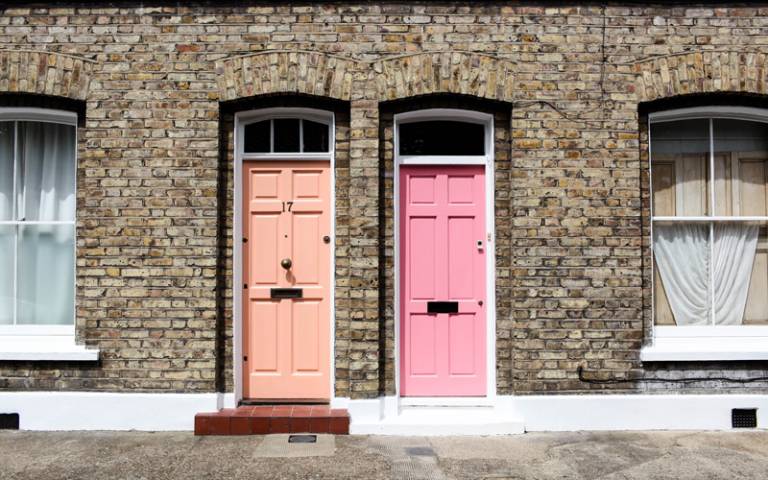Paper by UCL Energy PhD candidate suggests empty homes tax to tackle housing crisis
13 February 2019
The issues surrounding the availability of housing in the UK are given a new perspective in research published by Jonathan Bourne, currently studying for a PhD at the UCL Energy Institute.

The paper, entitled ‘Empty homes: mapping the extent and value of low-use domestic property in England and Wales’, has just been published by Palgrave Communications and featured this week in The Daily Telegraph. Its author, Jonathan Bourne, is currently studying for a PhD at UCL-Energy on cascading failure and power grids.
While homes across the UK have undoubtedly become less affordable over the last 20 years, as measured by the ratio of house prices to earnings, the causes are still subject to debate. One reason may be the increased use of housing as speculative investment, hence the aim of this paper: to investigate the correlations between unoccupied properties, affordability and levels of tourism across different geographic areas in the UK.
Bourne used data obtained under Freedom of Information legislation from 112 local authorities to calculate statistics related to empty homes across England and Wales. Among other findings, he shows that 39–47% of the population live in an area where low-use property is, on average, more expensive than property occupied by a full-time resident.
In conclusion, the paper suggests that where housing is least affordable, building more homes may be less effective at increasing the supply than an ‘empty homes tax’ aimed at reducing demand for investment properties. According to Bourne, such a tax would have “the potential to generate a not inconsiderable income for local authorities, whilst taxing people who are typically not eligible to vote in local elections, or encouraging them to rent out their properties.”
More information
- Read the full paper at nature.com
- Read the article in The Daily Telegraph
- See Jonathan Bourne's PhD profile
Image: Photo by Gleren Meneghin on Unsplash
 Close
Close

